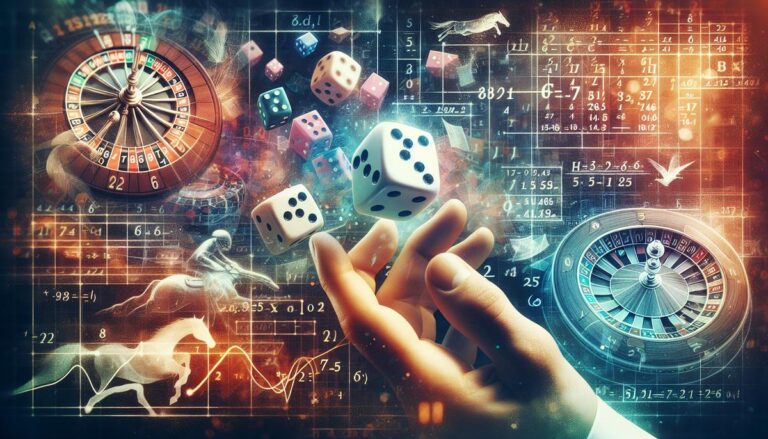Gambling, for most, is synonymous with casual entertainment, a small dash of adrenaline, or a chance to score a big win. A rich mix of suspense, chance, and reward makes this activity intriguing to many. But pull back the curtain and what we find is a labyrinth of human behavior shaped by a complex cocktail of psychology and neuroscience. Let’s delve into the fascinating world of this multi-faceted, multi-billion dollar industry by unraveling the underlying psychological aspects that drive player behavior.
Understanding the Gambler’s Fallacy
Many gamblers play the game of chance, grounded in the misconception or ‘Gambler’s Fallacy.’ In its simplest form, this theory suggests that if a particular event occurs more frequently than normal during a given period, it will happen less frequently in the future. This belief is often a significant driving force behind players placing their bets. But the real deal is, past events don’t influence the probability of an event happening in the future; All rounds are independent of each other, and the odds are never in your favor.
The Illusion of Control
Thriving on people’s hope and desperation to win against all odds is another psychological principle— ‘The Illusion of Control.’ It is the tendency for people to overestimate their ability to control events. This is typically demonstrated when a person believes they command the results of a game of chance. Yet, actually rolling a dice or spinning a slot machine lever yourself does nothing to influence the numerical outcome. Being aware of this illusion is essential to healthy gambling habits.
The Near-Miss Phenomenon
The ‘Near-Miss Phenomenon’ is another crucial piece of the player psychology puzzle. It draws the lines between the exuberant feeling of triumph and the bitter taste of defeat. This refers to the instance when players narrowly miss a win, like when a slot machine reveals two out of three required matches. Contrarily to what we might expect, near-misses do not demotivate players but make the games more enthralling and players more persistent. The almost-won situation infuses a potent motivation to try ‘one more time’, nudging players closer to gambler’s ruin.
The Influence of Reward Schedules
At the heart of these systems lies an essential aspect of gambling – its unpredictable reward schedules. This uncertainty triggers the release of dopamine, a neurotransmitter responsible for feeling pleasure. The introduction of ‘random ratio schedules’ in slot machines, for instance, where wins are determined by a specific number of plays but the number varies each time, creates suspense and excitement, which only accelerates dopamine production.
In conclusion, understanding the psychology behind gambling can provide invaluable insight not into just the world of casinos and online betting platforms but also into the human cognitive schema. As an industry player, recognizing these psychological principles’ influence can help devise more responsible marketing strategies and safer gambling platforms. As a gambler, being cognizant of these behavioral patterns is key to maintaining control, supporting healthier gambling habits. The house will always have an edge, but acknowledging these influences could help balance the scales a bit.







